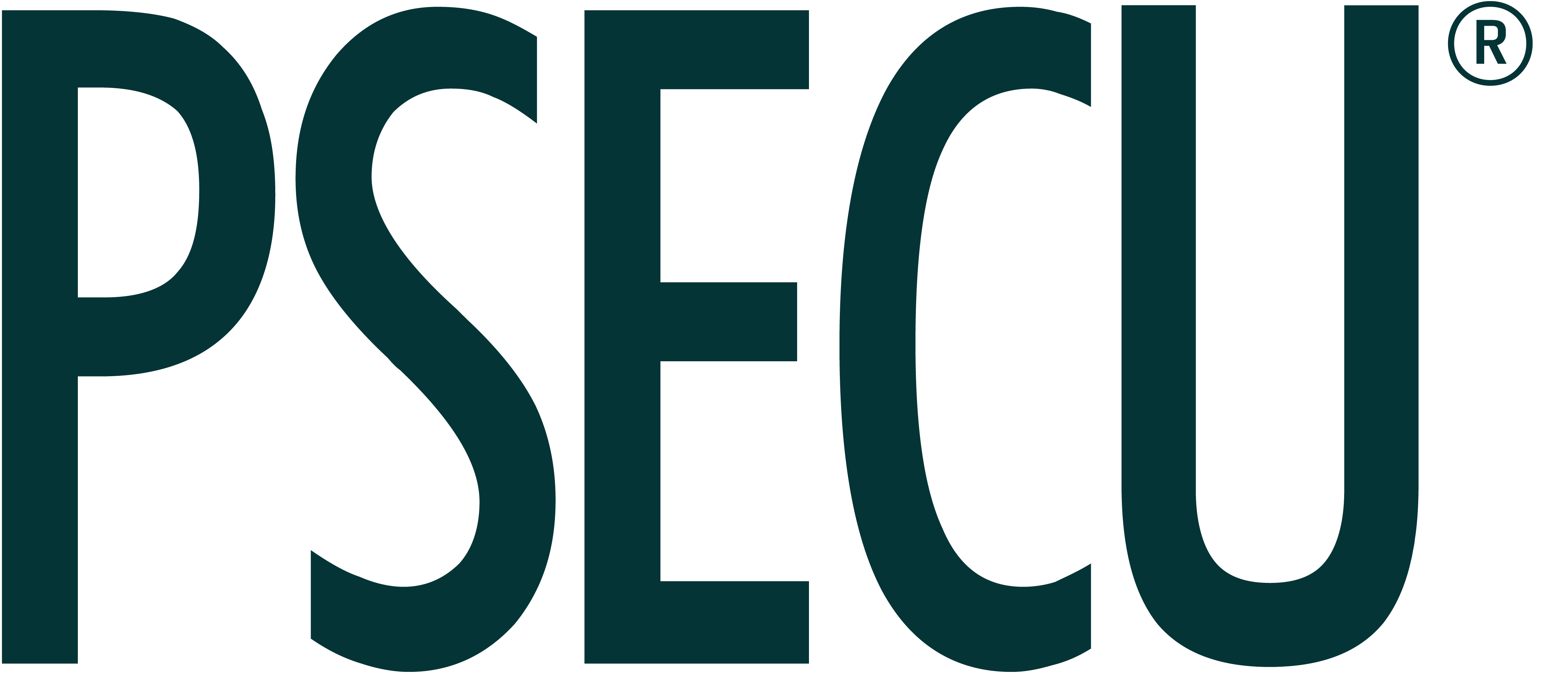Even with insurance, recurring healthcare expenses can add up quickly. FSAs and HSAs offer a different approach to health-related spending and can help you make ends meet when your healthcare costs are high.
While both accounts allow you to pay for your medical care with your pre-tax dollars, there are differences between them. Read on to determine whether an FSA or HSA plan is right for you.
What is an FSA?
Flexible spending accounts – or FSAs – are short-term savings accounts for healthcare that can only be opened by employers. You must have a low-deductible health plan to qualify for an FSA.
With an FSA, you can make pre-tax contributions and withdrawals, but you can only decide how much money to contribute at the beginning of the year. FSAs are best for families and individuals who are certain they’ll use their healthcare funds soon.
FSAs operate on a “use it or lose it” basis and do not roll over into future calendar years. The money cannot be invested and will be permanently lost if you don’t use it within the year unless your FSA program has exceptions. Your employer may also choose to give you a two-and-a-half-month extension to use your funds or let you carry $500 over to the next year.
What is an HSA?
Health savings accounts – or HSAs – are tax-advantaged accounts for high-deductible health plans (HDHPs) that must be opened by either you or your employer. With an HSA, you can make pre-tax contributions and take withdrawals from your account tax free to cover your care. Like high-deductible health plans, HSAs are best suited for those in good health who don’t require many prescriptions or ongoing treatments.
If desired, you can invest the money from your HSA to let it grow over time. After the age of 65, when you use your HSA to pay for qualified medical expenses, you’ll pay no taxes on that distribution. You would, however, be taxed at your regular rate if the distribution is for a non-medical expense.
FSAs vs. HSAs: How They Differ
Despite their many similarities, there are some significant differences between FSAs and HSAs.
-
Rollovers. While HSAs roll over from year to year and can be invested if desired, FSAs don’t roll over and must be used in their entirety every calendar year. The “use it or lose it” style of FSAs may not make them the best option for those who rarely go to the doctor or only require preventative care.
-
Contribution limits. Both FSAs and HSAs allow you to make pre-tax contributions to your account, but contribution limits apply. You also can’t contribute to a traditional FSA and HSA within the same calendar year. However, you can contribute to an HSA as well as a limited purpose FSA (LPFSA) or a dependent care FSA.
-
Requirements. FSAs and HSAs are each designed for a specific type of deductible plan. If you have a low-deductible plan, you can only get an FSA. Those with high-deductible plans can only get an HSA.
-
Job rollovers. Since FSA accounts operate in a “use it or lose it” framework, they’re automatically forfeited when you leave your job. While some can continue their FSA coverage with COBRA continuation, these exemptions are rare. HSA accounts, however, can roll over from job to job.
How are FSAs and HSAs Similar?
As spending accounts, FSAs and HSAs have many similarities. Funds for both FSAs and HSAs are deducted from your pay and are easy to use. They also both cover the following:
-
Acupuncture
-
Addiction treatments
-
Ambulances
-
Chiropractic
-
Dental care
-
Eyecare
-
Family planning
-
Immunizations
-
Medical testing/diagnostic services
-
Over-the-counter treatments
-
Physical therapy
-
Prosthetics
-
Psychiatric care
When to Use an FSA
FSAs give you full access to any funds you elect to contribute and are best used for health expenses such as deductibles, copays, non-childcare dependent care, and other out-of-pocket healthcare costs. Childcare expenses would be covered by a dependent care FSA – which is separate from your healthcare FSA.
After choosing to use an FSA, you must submit your claim to your FSA provider with documentation of your medical expenses that were not covered by your healthcare plan. FSA funds can never be spent on insurance premiums.
When to Use an HSA
HSAs are typically a better investment for those with fewer prescriptions and medical conditions. They can be used for qualified medical expenses, though you may be better off paying out of pocket as opposed to using your HSA for certain expenses.
The money you save from an HSA can be used and invested for your retirement healthcare, meaning that saving your HSA funds and investing them for your future healthcare costs can pay off in the long run.
PSECU Personal Loans Can Help
Since some of your healthcare costs may not be HSA- or FSA-eligible, PSECU Personal Loans are an ideal option for significant, unplanned healthcare expenses. Find out more about how we can provide you with an accessible and affordable loan within days.
The content provided in this publication is for informational purposes only. Nothing stated is to be construed as financial or legal advice. Some products not offered by PSECU. PSECU does not endorse any third parties, including, but not limited to, referenced individuals, companies, organizations, products, blogs, or websites. PSECU does not warrant any advice provided by third parties. PSECU does not guarantee the accuracy or completeness of the information provided by third parties. PSECU recommends that you seek the advice of a qualified financial, tax, legal, or other professional if you have questions.

